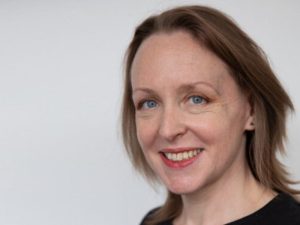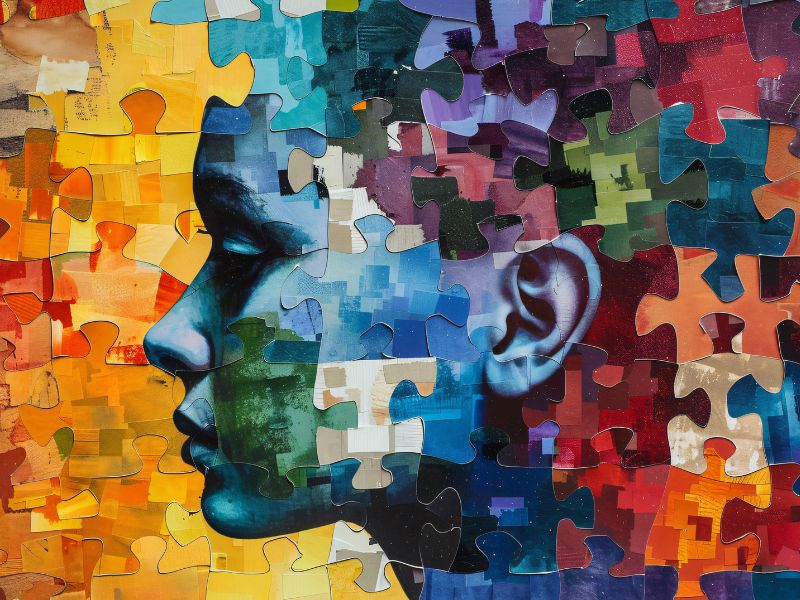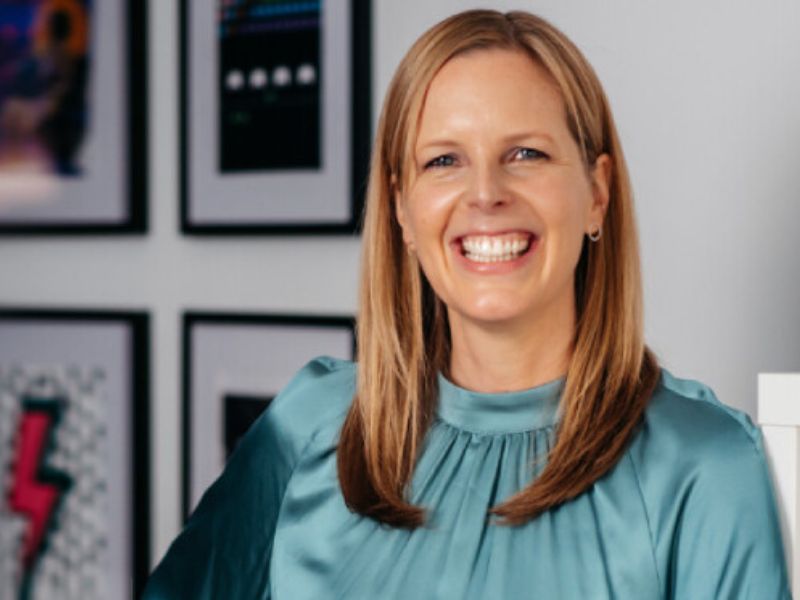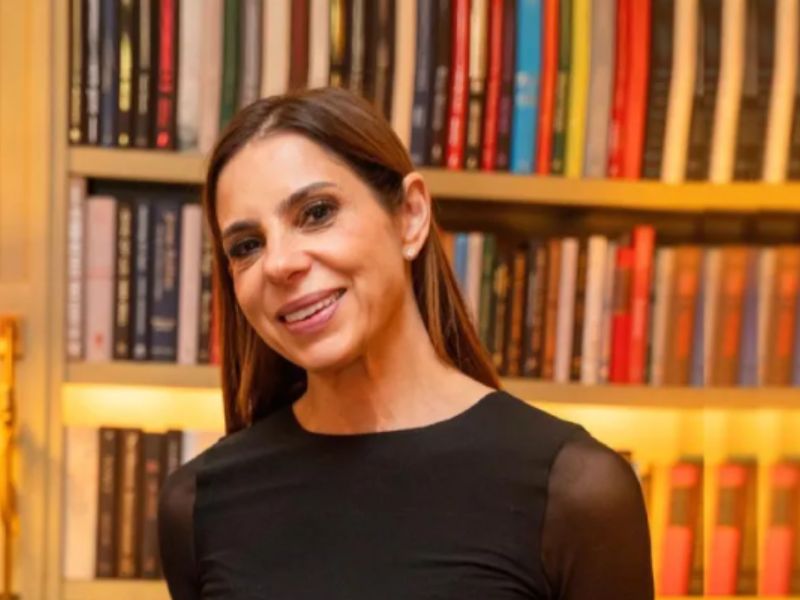Rachel Morgan‑Trimmer is widely regarded as one of the UK’s foremost experts on neurodiversity, fluently blending personal insight with professional expertise.
As a neurodiversity consultant and TEDx speaker, she is known for her authentic, humorous, and deeply educational approach to challenging misconceptions surrounding autism, ADHD, dyslexia, and dyspraxia.
 Late-diagnosed with autism and ADHD herself, Rachel founded Sparkle Class to remake how organisations and individuals understand neurodiversity — moving beyond token awareness to truly inclusive practice. From delivering TEDx talks to building training programmes that resonate, she consistently brings audiences on a journey from empathy to action.
Late-diagnosed with autism and ADHD herself, Rachel founded Sparkle Class to remake how organisations and individuals understand neurodiversity — moving beyond token awareness to truly inclusive practice. From delivering TEDx talks to building training programmes that resonate, she consistently brings audiences on a journey from empathy to action.
In this exclusive interview with The Champions Speakers Agency, Rachel shares why neurodiversity in women and gender minorities has been historically overlooked, breaks down her inclusive training philosophy, and explains how humour and real-life storytelling can bridge emotional and workplace understanding.
Why do you think conversations around neurodiversity in women and girls are gaining momentum now?
The discussion around neurodiversity in women and girls is really, really interesting, particularly at the moment, because we’re seeing so many women and girls getting diagnosed now. Some people are saying it’s because of social media and people are jumping on a bandwagon — none of that is true.
The reason we’re getting diagnosed now is because we never got diagnosed when we were younger, because the diagnostic criteria is based on young white males. So we tend to get missed, especially those of us who are able to cope fairly well — whether that’s through better social skills, as many of my colleagues have, or whether that’s being academically gifted, or whatever it might be.
One thing I find: people think there’s “women’s autism” or that ADHD is different in women. There are specific measurable differences and differences that we know about, but it’s not because there’s women’s autism or women’s ADHD — that’s not a thing.
It’s the fact that women and men are very different in many ways, particularly the way we’re socialised, particularly the way we’re brought up and the culture around us. The way other people treat us is significant.
So that’s a common misconception that we see — that autism and ADHD are different in women and girls. They do present differently, but it’s because we’re treated differently, not because we have a different flavour of ADHD or autism.
And I should mention here as well, when we talk about neurodiversity in women and girls, we’re talking about all women and all girls — whether they are transgender or non-binary or another gender minority — because we find a lot of gender non-conformism or gender minorities in neurodiversity, particularly in autism.
And it’s important that women and women and men and non-binary people who are not cis or who are not heterosexual or don’t fit into a particular box — those people are also recognised and appreciated and valued for who they are.
How would you describe your personal approach to discussing neurodiversity and inclusion?
That’s a good question. I am — I’m not for everyone, and I think that’s a good thing. I don’t think that there should be a one-size-fits-all when it comes to neurodiversity, especially neurodiversity training, because everyone has a different preference. We have different styles, and so on.
I try to be as inclusive as possible with my talks and with my training, because I’m going to have neurodivergent people in the talks. I’m going to have neurotypical people there too who might — you know, it’s not always about the neurodivergent people, being inclusive to them. Neurotypicals might find that I need to talk slower, for example, than I normally do — because I’ve got ADHD.
So, my approach is to be as inclusive as I can. There’s no kind of 100% when it comes to inclusion — we just try and do our best. All of us are trying to do our best, I think. So that’s part of my approach.
But I’m also quite — I’m not sure if “irreverent” is quite the right word, because I am very respectful of people’s differences and people’s challenges, and listening to people and believing them when they tell me about their difficulties around neurodiversity — whether they’re trying to be inclusive or whether they’re struggling in a job, or whatever that might be. But I think I tend to go with quite an informal and humorous approach, because it breaks down so many barriers.
What do you hope people gain from hearing you speak?
When they see me — an autistic person — coming in and joking about something to do with autism or something to do with ADHD, like how I don’t listen, or I’m easily distracted, or I’m staring out of the window at squirrels or something, they suddenly feel, “Oh, it’s okay to be kind of light-hearted about this stuff.” You don’t have to walk on eggshells all the time.
So I find that being a bit more casual about it — not casual about what we should do, and I think that is really important because it is quite sensitive — but just being a bit more gentle around it, a bit more comfortable, a bit more light-hearted, can really help to break down the barriers to get people talking, which is the first step towards inclusion, I think.
And also, the other reason I use humour — not just because I enjoy it — but because using humour makes information stick. And it’s really important to me that if people are coming to a talk of mine, that they have used that time really well. I don’t want them to come to the talk and then go away having wasted an hour. I want them to have something — at least one thing — that stays with them. And I think humour is a brilliant way of getting the information to stick.
Everybody who comes will take away something slightly different, because, you know, different things resonate with different people. Some people are more factual, some people like the statistics, some like the stories, some like the analogies, some like the visual aids — I use quite a lot.
So I think people would take away a different thing, but what I care about is that everybody who comes will take away at least one thing — something that they didn’t know before — and hopefully try and change at least one thing. Try and be a little bit more inclusive towards neurodivergent people — even just a little bit more mindful or a bit more understanding of the different people in their life.
And although I do these for people at work, you know, for businesses, I find a lot of people say it’s going to make a difference in their relationship with their kids or with their partner or with a friend or a relative — as well as their colleagues. And I think that’s really lovely. Not that — I mean it’s lovely that they get something out of my talks — that’s obviously why I do it.
But I think it’s really lovely that they’re willing to do that for the people around them. And that’s what makes my job so rewarding — not the fact that they’re listening to me and wanting to learn about this, but they’re actually going to use what they’ve learned in their daily lives with someone who’s important to them. I think that’s just brilliant.
This exclusive interview with Rachel Morgan-Trimmer was conducted by Sophia Hayes of The Motivational Speakers Agency.









